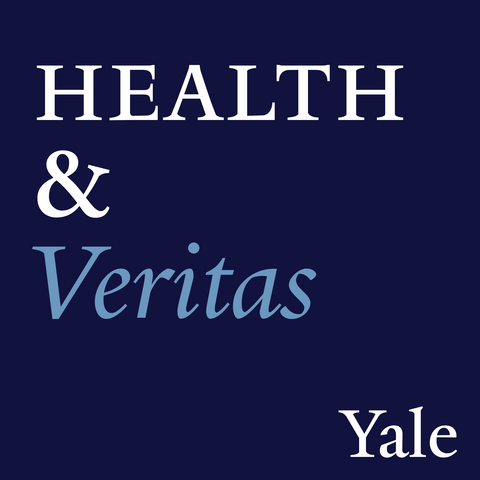Healthcare
Do the New Obesity Drugs Pay for Themselves?
Could expensive drugs like Ozempic save healthcare systems money by reducing the risk of obesity-associated diseases? A new study co-authored by Yale SOM’s Jason Abaluck suggests that other health expenses may actually increase over the first couple years of treatment.

Research-Based Tips for a Better New Year
What does the data say about making the most of 2019? We asked Yale SOM faculty to share self-improvement tips based on their research.

Danguole Altman ’85 on Career and Family
Danguole Altman ’85, founder of Vapogenix, on the choices she made as she led multiple companies and raised a family.

Three Questions: Prof. Jason Abaluck on Short-Term Health Insurance
We asked Yale SOM health economist Jason Abaluck how the expansion of low-cost, short-term insurance could affect consumers and the insurance markets.

Is CRISPR Worth the Risk?
Dr. Greg Licholai, a biotech entrepreneur and a lecturer at Yale SOM, explains the gene-editing technology’s potential and its dangers.

Three Questions: Dr. Greg Licholai on Biotech After Theranos
We asked Dr. Greg Licholai, a lecturer at Yale SOM and and a biotech entrepreneur, what other healthcare startups can learn from the Theranos debacle.

Do Companies Buy Competitors in Order to Shut Them Down?
A study co-authored by Yale SOM researchers Florian Ederer and Song Ma suggests that “killer acquisitions” by pharmaceutical companies are potentially limiting the number of new treatments available.

Three Questions: Prof. Marissa King on the Cost of Loneliness
There is increasing evidence that isolation has a powerful negative effect on health and productivity. We asked Yale SOM’s Marissa King, an expert on social networks, how we can reinforce the connections that help sustain us.

Could Better Predictions Improve End-of-Life Care?
A statistical tool that predicts when patients with advanced cancer are likely to die could help promote patient welfare by transferring more people from aggressive interventions to hospice care.

Three Questions: Dr. Howard Forman on Who Should Lead the VA
What kind of leader can step in and effectively run an organization that delivers healthcare to millions of veterans? We asked Dr. Howard Forman, an expert in healthcare leadership and policy.

Can We Eliminate Maternal Mortality?
The number of women who die during childbirth is on the decline, but some regions face significant hurdles in making childbirth safer. Dr. Mary-Ann Etiebet ’03, executive director of Merck for Mothers, discusses the state of maternal health.

